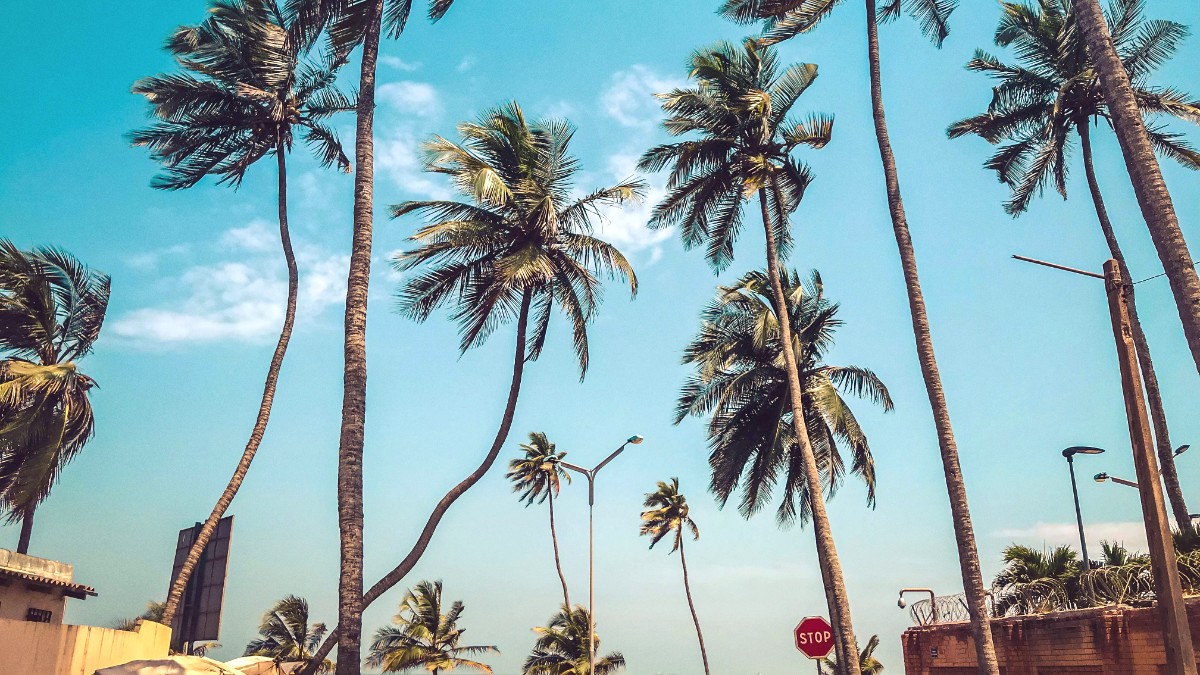
Togo
Togo has national parks mainly for wildlife. Coastal areas face erosion. Support local initiatives for beach clean-ups or coastal protection. Consider Terrapass for carbon offset programs.
Waste management poses a challenge in Lomé. Formal recycling is limited. Minimize single-use plastics: refuse plastic bags, carry a reusable water bottle. Dispose of waste in bins or carry it until you find a disposal point. Do not litter.
Water resources can be limited. Be mindful of your water use in hotels. Take shorter showers and report leaks. Every drop matters. Consider eco-friendly lodging at Ecobnb for sustainable options.
Your interactions with Togolese people are positive with cultural awareness.
Support local artisans and cultural institutions that work to preserve Togolese heritage. Visit and support cultural centers like the Palais de Lomé or Institut Français de Lomé.
Always use basic French greetings (Bonjour, Bonsoir) and, if possible, a few phrases in local languages like Ewe (Akpé for thank you). Greetings are a cornerstone of Togolese social interaction. Dress modestly, covering shoulders and knees in public and at religious sites. Practice patience and flexibility. Approach cultural differences with an open mind.
Always ask permission before taking photos of people, notably children. A direct request in French is polite. Be discreet and avoid intrusive photography, especially in sensitive areas like the Fetish Market or around government buildings. Accept a person's right to decline being photographed.
When visiting mosques, remove your shoes before entering. Dress modestly, covering shoulders and knees, and women should cover their heads with a scarf. Maintain a quiet and respectful demeanor within all places of worship (churches, mosques, traditional shrines).
Seek opportunities to engage with community tourism initiatives. These programs empower local communities and help tourism directly benefit them. Ethical tours with G Adventures contribute to positive impact.
Explore G AdventuresDine at local maquis and street food stalls. Use shared taxis (wazou) and zemidjans (moto-taxis). Consider staying in locally-owned guesthouses where profits remain within the country.
Support local businessesReduce plastic waste with a reusable water bottle. This aids the environment and aligns with responsible travel in a place where waste management poses a problem.
Your financial contributions can make a real difference. Choose organizations carefully.
Be careful visiting or donating directly to orphanages or institutions asking for money from tourists. These can sometimes continue harmful practices. If you wish to help children, support reputable local NGOs or international charities with transparent operations.
While it is natural to feel compassion for beggars, direct handouts can sometimes create dependency or attract more begging. If you wish to give assistance, consider donating to established local charities or community projects that address root causes of poverty.
When purchasing souvenirs, prioritize buying directly from artisans or from cooperatives (like Village Artisanal). This aids in ensuring that the money goes directly to the makers, supporting fair compensation for their work. Avoid mass-produced items that offer little benefit to local communities. Support conservation efforts via The Rainforest Site (GreaterGood).
Buy crafts directly from makers for fair compensation.
Purchase from cooperatives to aid local communities.
Choose items that truly benefit the local economy.